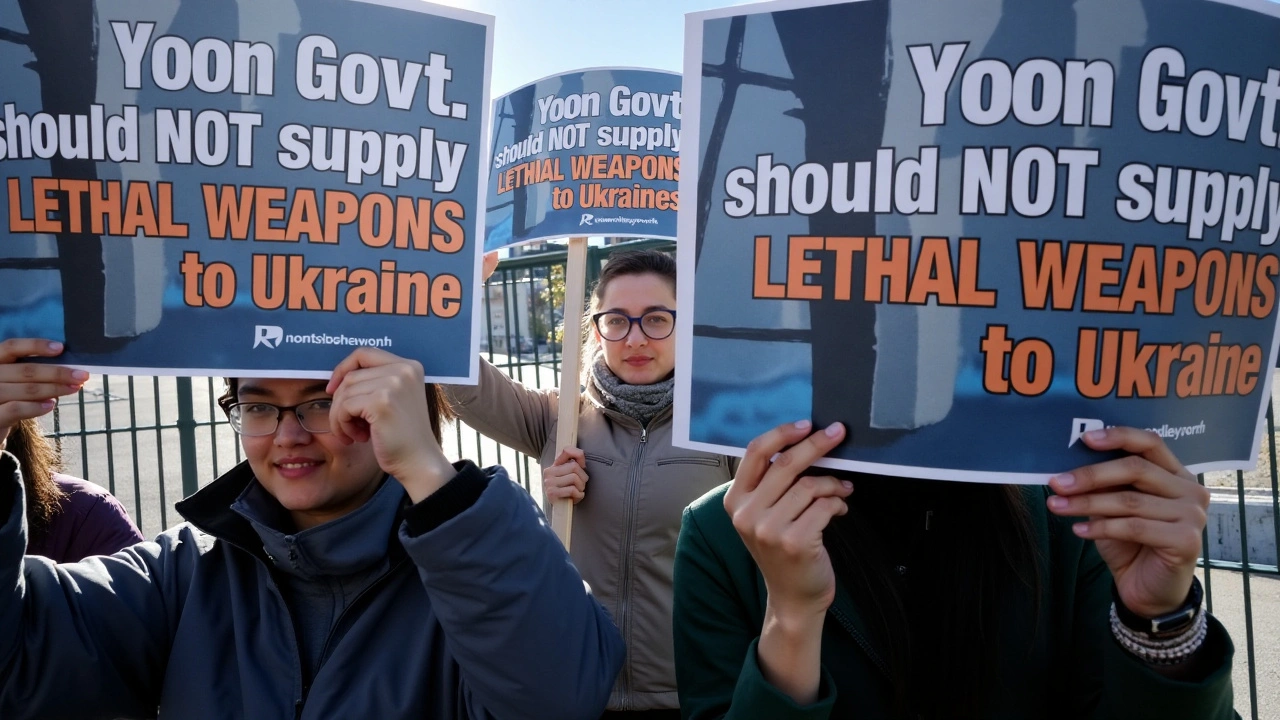US Confirms North Korean Troops Presence in Russia Amid Ukraine Conflict
 Oct, 24 2024
Oct, 24 2024
North Korean Troops in Russia: U.S. Confirmation and Global Concerns
In a development that is likely to heighten tensions across international borders, the United States has confirmed that North Korean troops have been dispatched to Russia, ostensibly to bolster its military forces engaged in the ongoing conflict in Ukraine. According to intelligence reports and statements from South Korean legislators, the initial deployment of North Korean troops includes around 3,000 personnel, with another 7,000 anticipated to arrive by December. These forces are currently undergoing extensive training at multiple Russian facilities to acclimate to regional conditions and adjust their operational strategies.
Defense Secretary's Insights and Potential Implications
U.S. Defense Secretary Lloyd Austin has weighed in on these findings, remarking that while there is verifiable evidence of North Korean military forces on Russian territory, the precise nature of their assignment has yet to be fully determined. It is speculated that this deployment might signify a prevailing deficiency in Russia's own military recruitment efforts, a point underscored by reports suggesting that Russia has endured over 600,000 military casualties—either killed or wounded—in its protracted war effort against Ukraine. This statistic not only brings into focus the human cost of the conflict but also suggests that Moscow is under considerable pressure to reinforce its ranks through unconventional measures.
Denials from Moscow and Pyongyang
Despite the compelling evidence brought to light, both the Kremlin and North Korean officialdom have categorically refuted these allegations. The North Korean representative at the United Nations has dismissed these claims as 'baseless rumors,' while Russian authorities have similarly denied any such foreign military presence within their borders. However, these denials stand juxtaposed against tangible reports from multiple intelligence services that have cited credible proof of cooperation between Pyongyang and Moscow.
The Regional Response and South Korea's Stance
This unexpected development has, unsurprisingly, stirred anxiety among neighboring countries, particularly South Korea. South Korean officials have declared an urgent need for the withdrawal of North Korean troops from Russian soil, warning that continued escalation of military ties between North Korea and Russia might trigger a reconsideration of its own policies, including the potential provision of lethal military aid to Ukraine. This stance reveals not only Seoul's apprehensions but also its preparedness to adjust its defense strategy in response to evolving geopolitical dynamics.
International Relations in Flux
On the international stage, Ukrainian President Volodymyr Zelenskiy has publicly accused North Korea of actively planning to deploy 10,000 soldiers to assist Russia, urging global allies to take concrete steps in response to this potential military alignment. As these claims circulate, they put additional pressure on world powers to reassess their diplomatic and military strategies to counter an increasingly intricate web of alliances and enmities.
Military Ties: History and Prospects
The historical backdrop to this unfolding story includes a mutual defense agreement that Russia and North Korea signed in June, a fact that only serves to intensify suspicions about potential military collaboration. While the specific contents and implications of this treaty remain opaque, its existence raises compelling questions about the future of military alliances and the potential reshaping of regional power dynamics.
Isolation and Information Control
South Korean lawmakers have also disclosed that authorities in Pyongyang have adopted measures to mitigate the dissemination of information about their military activities. This includes reportedly isolating the families of those dispatched to Russia, presumably as a strategy to suppress the circulation of rumors and maintain a tight control over internal narratives. Such measures further complicate the task for international observers seeking transparency and accountability in an already opaque situation.
Conclusion: The Way Forward
As the stakes of geopolitical maneuvering rise, the international community remains on high alert, watching closely how these developments unfold in the coming weeks and months. The revelations of North Korean troop deployments, if corroborated further, could have far-reaching implications for global security, diplomatic relations, and the ongoing humanitarian crisis resulting from the Ukraine conflict. It underscores the necessity for vigilant monitoring, diplomatic engagement, and perhaps, new strategic alignments as nations navigate these turbulent waters.